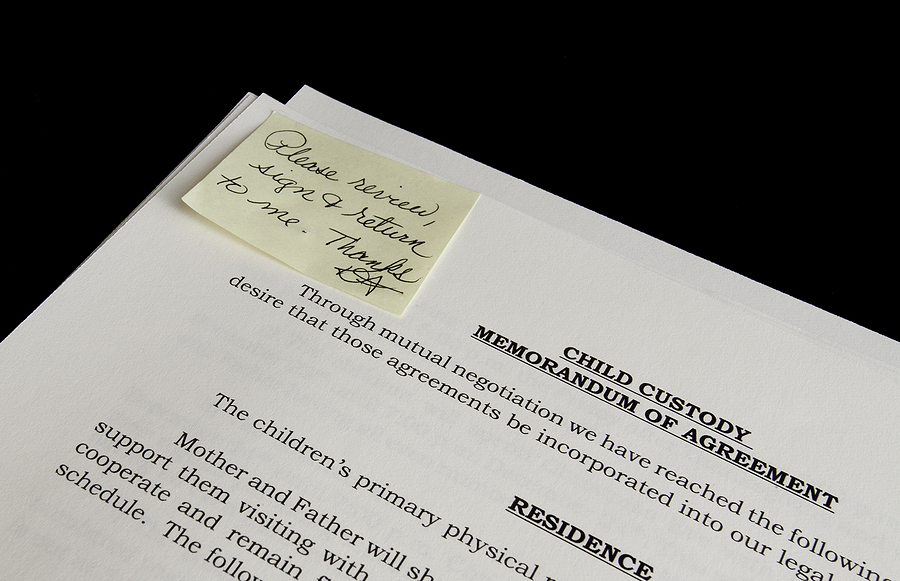Grandparents play a crucial role in supporting their grandchildren. But when family relationships break down because of divorce, estrangement, or death, that bond can be threatened or completely severed. So, what about grandparents’ rights in Michigan?
Grandparents’ rights are not automatic. However, you can protect or enforce them under certain circumstances. That’s why a grandparents’ visitation rights attorney is a key component in these cases. Let’s learn more about how it works in Michigan.
What You Need to Know about MI Grandparents’ Rights
Michigan law lets grandparents petition for grandparenting time (visitation), but courts are governed by Michigan Compiled Laws § 722.27b, which outlines when and how grandparents can seek court-ordered time with their grandchildren.
Grandparents in Michigan may be eligible to file for visitation if:
- The child’s parents are divorced or separated
- One or both parents are deceased
- One or both parents have had their parental rights terminated
- The child was born out of wedlock, and the grandparents’ child is the legal parent
Other stipulations include whether the grandparent has acted as a caregiver or had a substantial relationship with the child. If there’s an ongoing child custody case, however, grandparents’ rights can fit the legal criteria, depending on the situation. Contact Richards Family Law to learn more.
Understanding the Parental Presumption Challenge
Michigan courts will not automatically grant visitation to grandparents. They must show that denying visitation would harm the child’s mental, emotional, or physical well-being. Meanwhile, courts operate under the principle that fit parents have the constitutional right to decide what’s best for their children, which includes decisions about who their child spends time with.
Parental presumption means if a parent denies a grandparent access to the child, the court must presume that the parent’s decision is in the best interest of the child, unless proven otherwise. It can be a high legal hurdle that forces grandparents to provide clear and convincing evidence to the contrary. Consult a grandparent’s rights attorney in Michigan for the help you need.
Proving Harm to the Child in Grandparents’ Rights Cases
Here are some strategies to overcome the parental presumption challenge and win grandparents’ rights in Michigan. Courts consider the following:
- Whether the grandparent had an existing and meaningful relationship with the child
- Whether the child lived with the grandparent for a significant period
- The emotional closeness or dependence between the child and grandparent
- Past caregiving responsibilities provided by the grandparent
- Any history of neglect, abuse, or conflict between the grandparent and the child’s parents
An attorney can help gather and present relevant evidence and build a compelling case that demonstrates why the grandparent-grandchild relationship should be preserved. In some cases, grandparents can go beyond visitation to seek custody of their grandchildren if the child’s parents are absent, unfit, or unable to provide proper care.
Custody cases involving grandparents and grandchildren are more complex and often require meeting strict legal standards. The support of a family law attorney is critical in these situations, so schedule a free consultation with Richards Family Law today.
Mistakes to Avoid
Grandparents often make missteps that hurt their chances in court. For example, don’t wait too long to take legal action since relationships and evidence can fade over time. Acting against a parent’s wishes without legal authority can also damage your case, and failing to document your role in the child’s life may cause unexpected evidentiary pitfalls.
Michigan law recognizes that grandparents often play a vital role in a child’s life, so seek a grandparents’ visitation rights attorney today to protect your family’s integrity.






